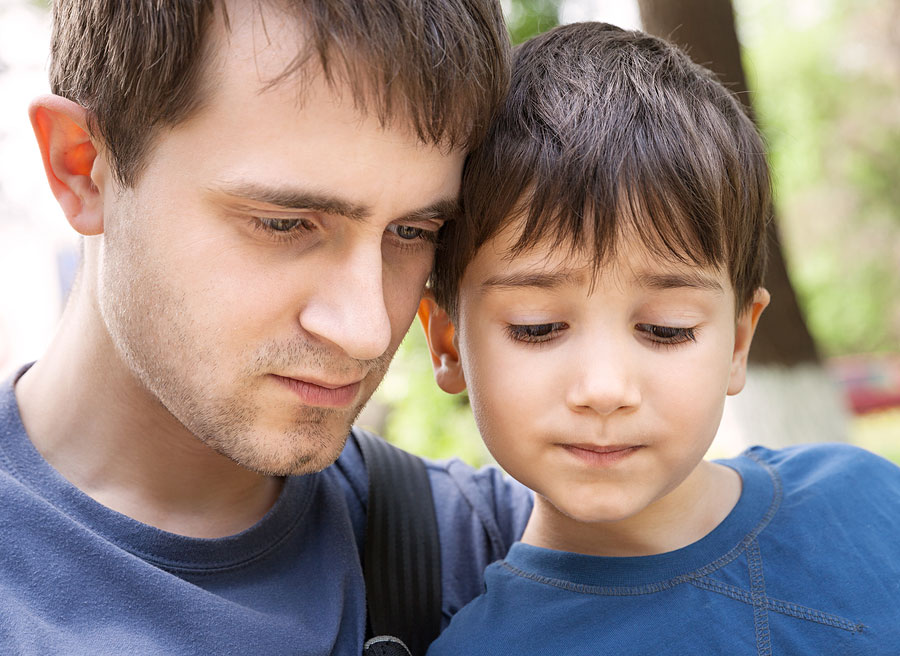Occasionally when assisting clients in child custody cases, we are asked about the effect sexual orientation, physical handicaps, or religious practices/beliefs have on court child custody orders. We have successfully assisted in cases where clients were associated with at least one of these factors, including a few that had more than one in their specific case. As you progress through this information, you’ll notice a common factor that is apparent in each scenario.
Sexual Orientation
Assume for a moment that a couple is getting divorced because one of the spouses came out as homosexual. During the child custody proceedings, the other spouse argues that the opposing party’s sexual orientation is a bad influence on the children. For almost 30 years, courts have consistently held that a parent’s sexual orientation cannot solely be responsible as a determining factor in custody cases. Over time, the issue of sexual orientation has become increasingly open in mainstream society. In our experience, the issue has become non-existent in child custody determinations. Whether heterosexual or homosexual, orientation is deemed to be irrelevant to a child’s best interests by the court and family law judges.
Exception: Unless the sexual conduct of the homosexual parent places a child in physical danger such as sexual abuse, family law judges generally do not care whether a father or a mother engages in homosexual conduct in their private lives.
Religion
Family courts are not permitted to deny a parent custody or visitation on the basis of their religious beliefs or practices. In addition, courts will not typically prevent a parent from talking to a child about religion or including them in religious practices. As you may venture to guess, this is tied to the US Constitution and freedom of religion.
Exception: As mentioned, an individual’s religious practice is protected by the First Amendment and a family law judge doesn’t have the right to interfere in a family law case unless there is concrete evidence that the child is being placed in danger as a result of the religious practices. In our years of practice, we have never seen a case where custody was limited or denied due to the religious practices of a parent.
Physical Handicaps
Initially, it would seem logical to assume a physical handicap would be a factor in a child custody case because the disability may inhibit a parent’s ability to take care of a child (or children). In many scenarios, this is likely to be true. However, family courts are prohibited from basing custody decisions solely on a parent’s physical handicap. It is nothing more than another factor that the court considers when it examines all elements of the family dynamic and the care necessary for the children.
Exception: Strong, apparent evidence that a parent with a physical handicap cannot provide the basic needs of a child or children which results in a negative consequence toward their well being.
Earlier, we mentioned a common theme among all three instances discussed here. In case it wasn’t apparent, none of the scenarios carry a negative implication when applied to child custody cases unless there is strong evidence that the children are subject to harm or danger as a result of the practice or circumstance. The top priority held by the court and California family law is the welfare of children, so unless this becomes a question, sexual orientation, religious beliefs/practices, or physical handicaps will not be a sole deciding factor in determining custody.
If you’re a parent involved in a child custody matter and you feel that a fair outcome is in jeopardy due to factors such as those discussed here, please contact us so we can discuss in further detail and protect your rights as a parent.
